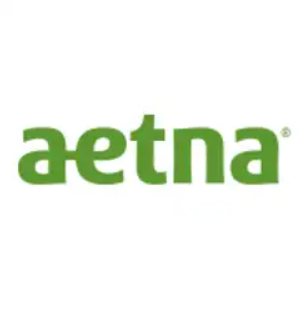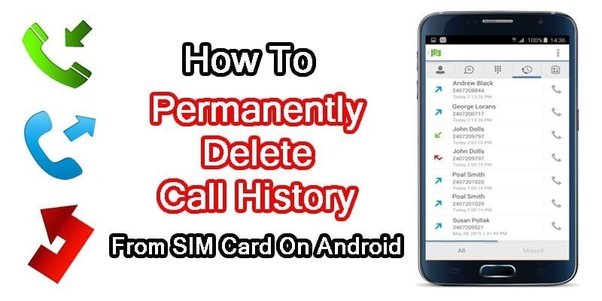The fear of falling and not being able to get help is a major concern for many seniors and individuals with disabilities. Medical alert systems, like Life Alert, offer a sense of security, allowing users to call for help with the push of a button. But these systems can be expensive. The question many people ask is, “Will Medicaid pay for Life Alert?”
This comprehensive guide will explore this question in detail, providing information on Medicaid coverage, eligibility requirements, and alternative options.
Understanding Medicaid
Medicaid is a joint federal and state program that helps low-income individuals and families pay for medical costs. It covers a wide range of services, including doctor visits, hospital stays, and prescription drugs. However, coverage varies from state to state, making it essential to understand your state’s specific Medicaid program.
Medicaid and Personal Emergency Response Systems (PERS)
Personal Emergency Response Systems (PERS), like Life Alert, are devices that allow users to call for help in an emergency. They typically consist of a base unit and a wearable button or pendant. When the button is pressed, it sends a signal to a monitoring center, which can then dispatch emergency services if needed.
Does Medicaid Cover PERS?
The answer to this question is complex and depends on several factors, including:
- Your State’s Medicaid Program: While Medicaid is a federal program, each state has the flexibility to design its program and determine what services it will cover. Some states may cover PERS under their Medicaid program, while others may not.
- Your Eligibility: Even if your state covers PERS under Medicaid, you must meet certain eligibility requirements to qualify for coverage. These requirements typically include income and asset limits, as well as a demonstrated medical need for the device.
- The Type of PERS: Medicaid may only cover certain types of PERS. For example, they may cover basic systems that only work within the home but not cover more advanced systems with GPS tracking or fall detection.
How to Find Out if Medicaid Will Pay for Life Alert in Your State
If you’re considering getting a Life Alert or other PERS and are wondering if Medicaid will pay for it, here are the steps you can take to find out:
- Contact Your State’s Medicaid Office: The best way to get definitive information about Medicaid coverage for PERS in your state is to contact your state’s Medicaid office directly. They can provide you with information on coverage, eligibility requirements, and the application process.
- Talk to Your Doctor: Your doctor can also be a valuable resource. They can help you determine if you have a medical need for a PERS and can write a letter of medical necessity to support your Medicaid application.
- Consult with a Medicaid Specialist: If you’re having trouble navigating the Medicaid system or have questions about coverage, you may want to consult with a Medicaid specialist. They can help you understand your options and advocate for you to get the coverage you need.
Alternatives if Medicaid Doesn’t Cover Life Alert
If Medicaid doesn’t cover Life Alert in your state or you don’t meet the eligibility requirements, there are still other options you can explore:
- Other Funding Sources: Some states offer other programs that may help cover the cost of PERS. These programs may be funded by state or local governments, or by private foundations.
- Sliding Scale Fees: Some PERS providers offer sliding scale fees based on income. This means that you may be able to get a discount on the device if you have a low income.
- Payment Plans: Many PERS providers offer payment plans, allowing you to spread the cost of the device over several months or years.
- Used or Refurbished Devices: You may be able to find used or refurbished PERS at a lower cost. However, be sure to purchase from a reputable seller and make sure the device is in good working condition.
Conclusion
While Medicaid may cover Life Alert or other PERS in some states, coverage is not guaranteed. It’s essential to contact your state’s Medicaid office to get specific information about coverage and eligibility requirements in your area. If Medicaid doesn’t cover PERS, there are still other options available to help you get the peace of mind that comes with having a medical alert system.
Read More: Anthem Columbus GA: A Vibrant Southern Oasis





